Search
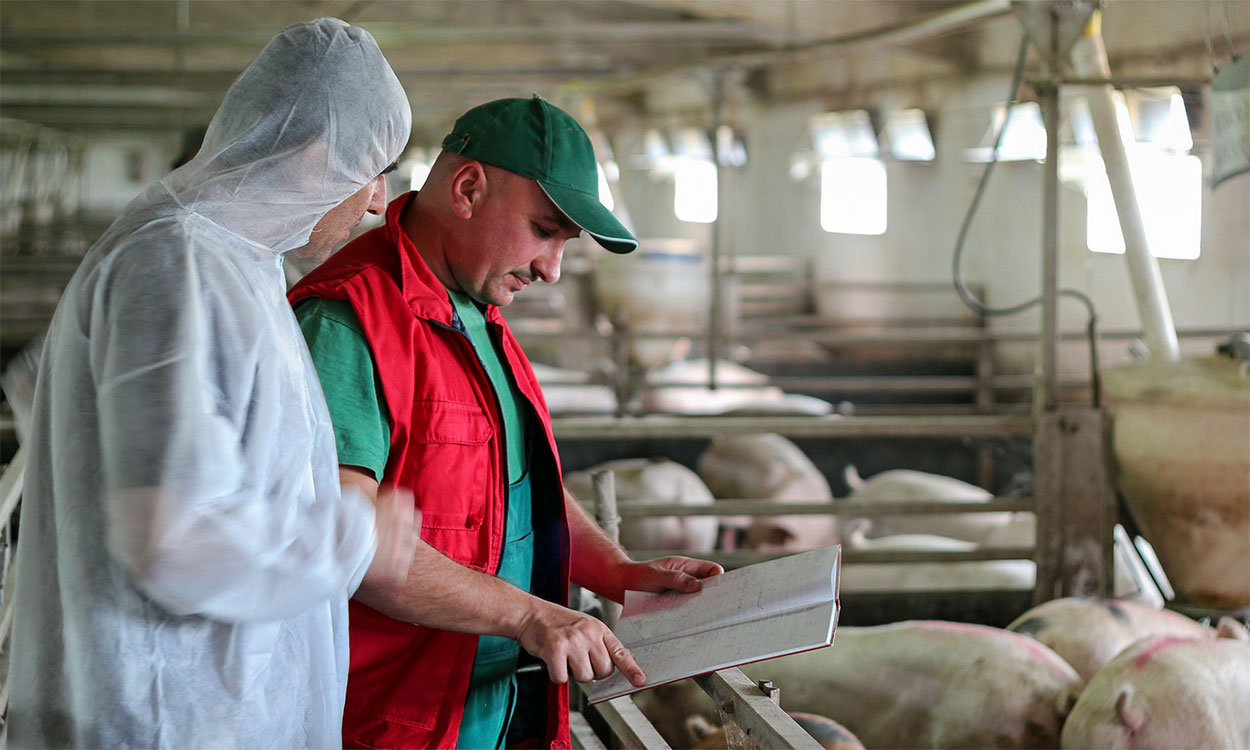
Can Pork Producers Rely on Antibiotic-Use-Based Product Differentiation To Be Competitive?
Do consumers prefer meat produced with the minimal use of antibiotics compared to meat produced with standard antibiotic use? The following study investigates this question in-depth for South Dakota pork producers.
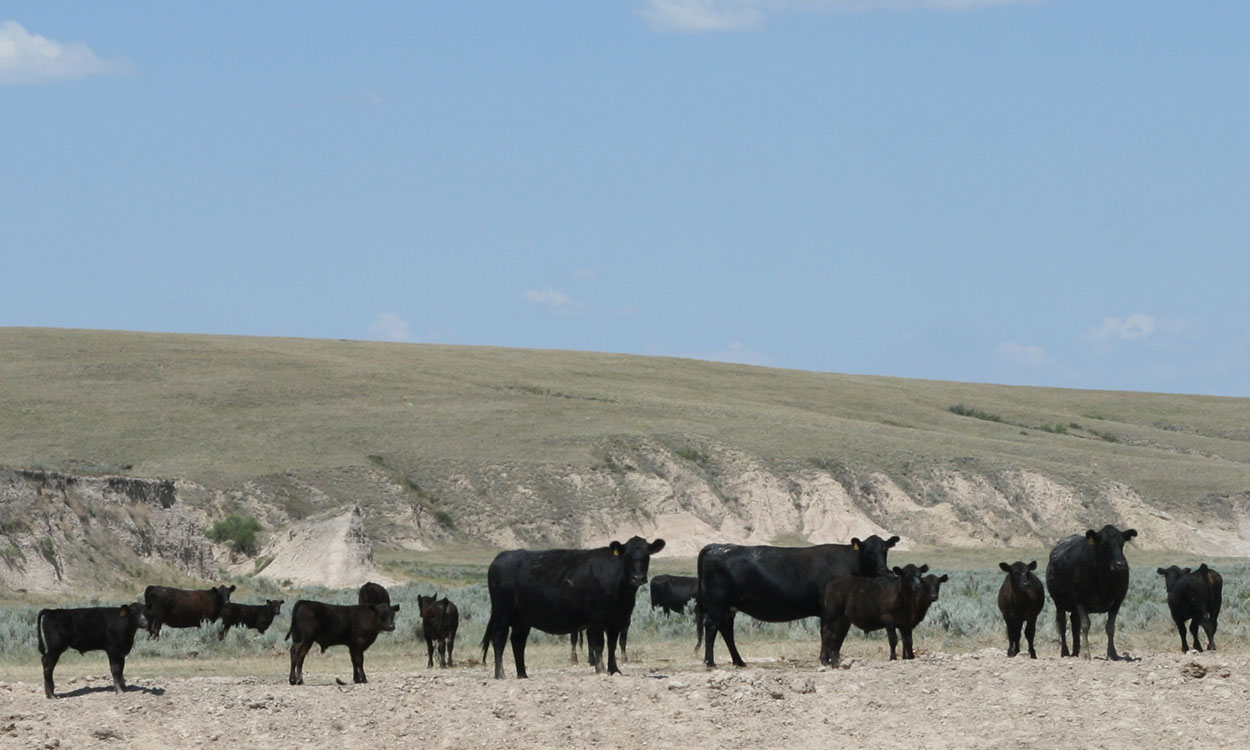
Adaptive Management: One Strategy To Increase Your Operation’s Flexibility and Resiliency
Adaptive management is a strategy that livestock producers can use to manage year-to-year variability in forage production and build drought resiliency for their operations.
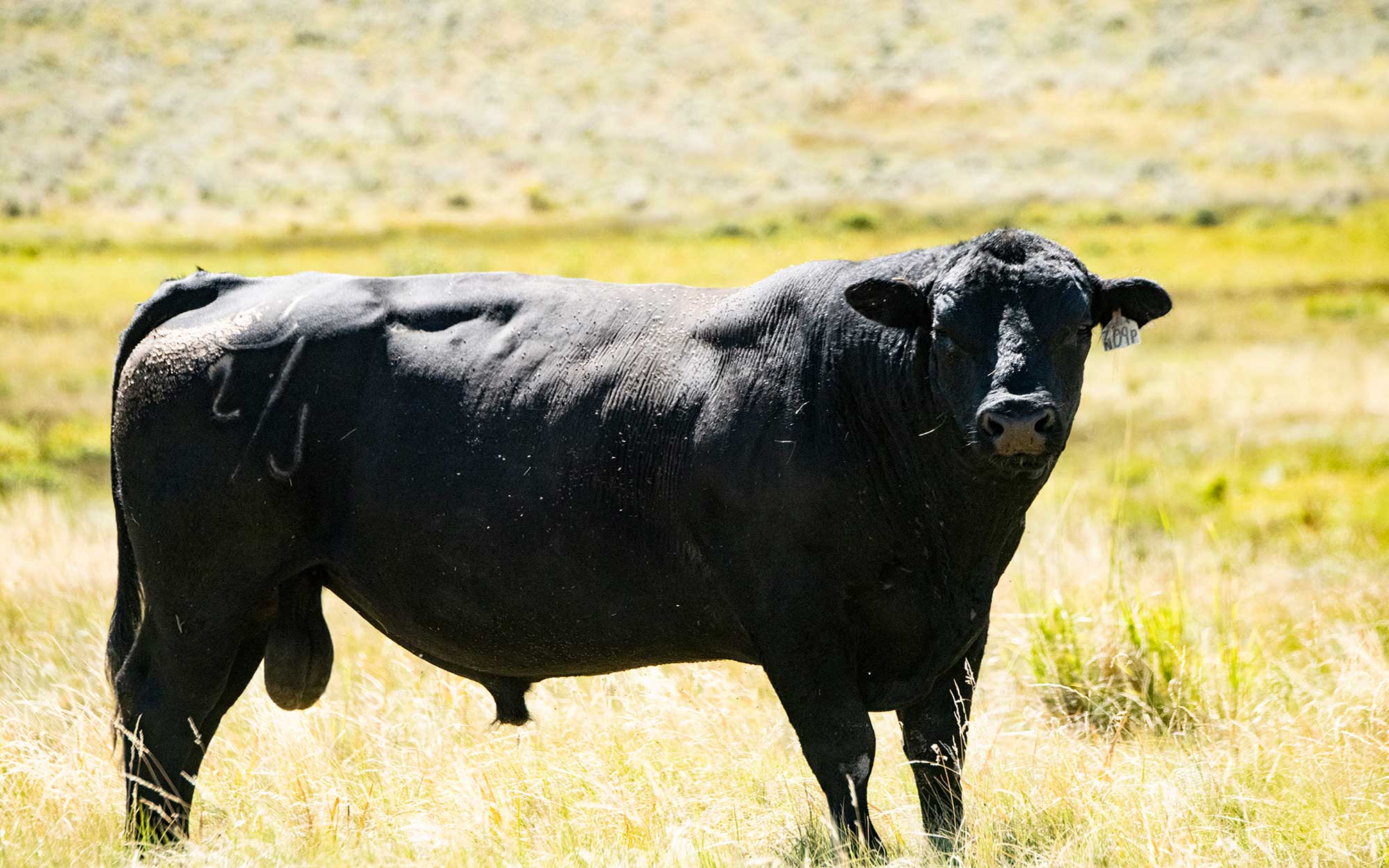
Bull Nutrition
This publication focuses on nutrient requirements for developing bulls, feeding programs to “let down” overconditioned bulls, and feeding during the period between breeding seasons.
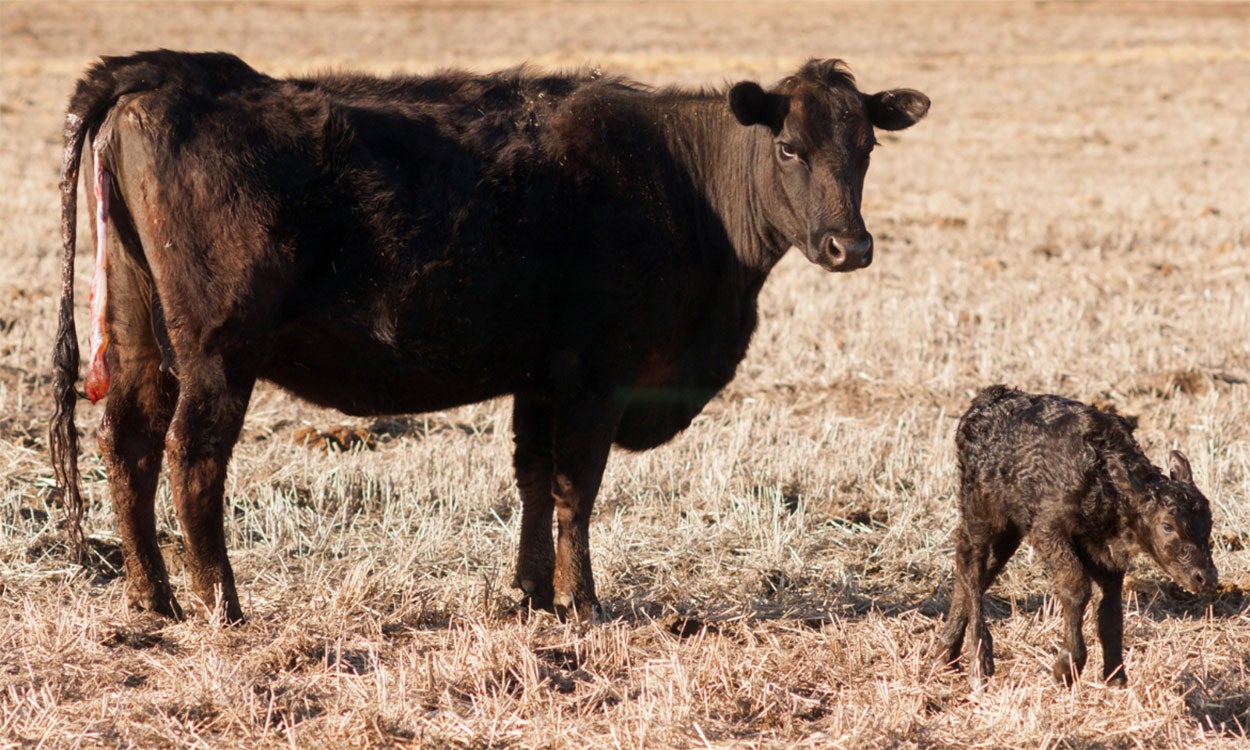
Pay Attention to Calving Distribution
Multiple factors go into defining a calving season, but through simple record keeping, management decisions can be made to increase herd performance and profitability.
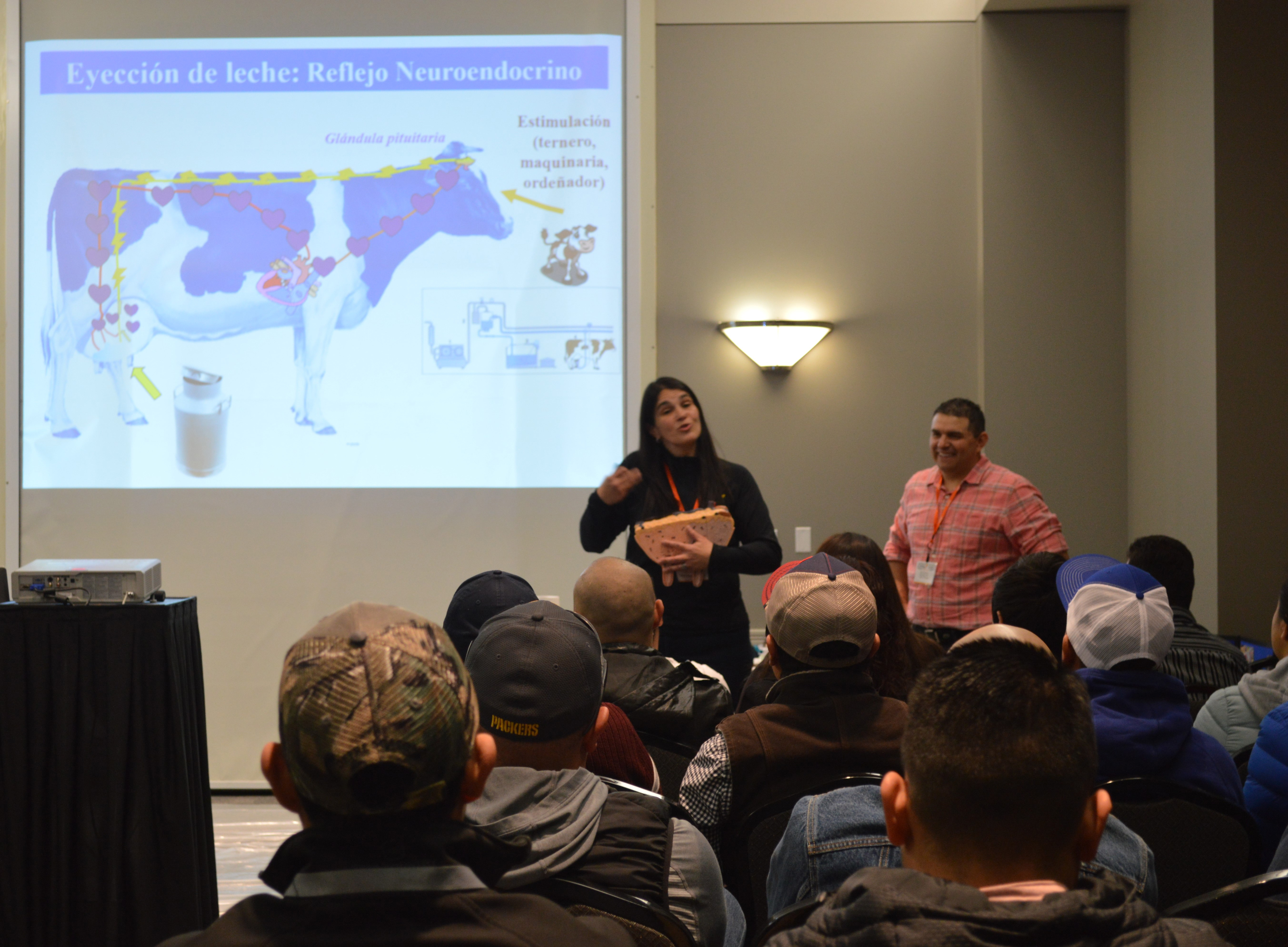
SDSU Extension to Cover Dry Cow Therapy in Spanish at CPDE
March 18, 2021
SDSU Extension will once again offer educational programming in Spanish at the 2021 Central Plains Dairy Expo in Sioux Falls.

Bovine Congestive Heart Failure
In this episode of Cattle HQ, Olivia Amundson and Kiernan Brandt, former SDSU Extension Cow/Calf Field Specialists, discuss bovine congestive heart failure and health alongside Brian Vander Ley, University of Nebraska Veterinary Epidemiology Field Specialist and Interim Director of the Great Plains Veterinary Educational Center.
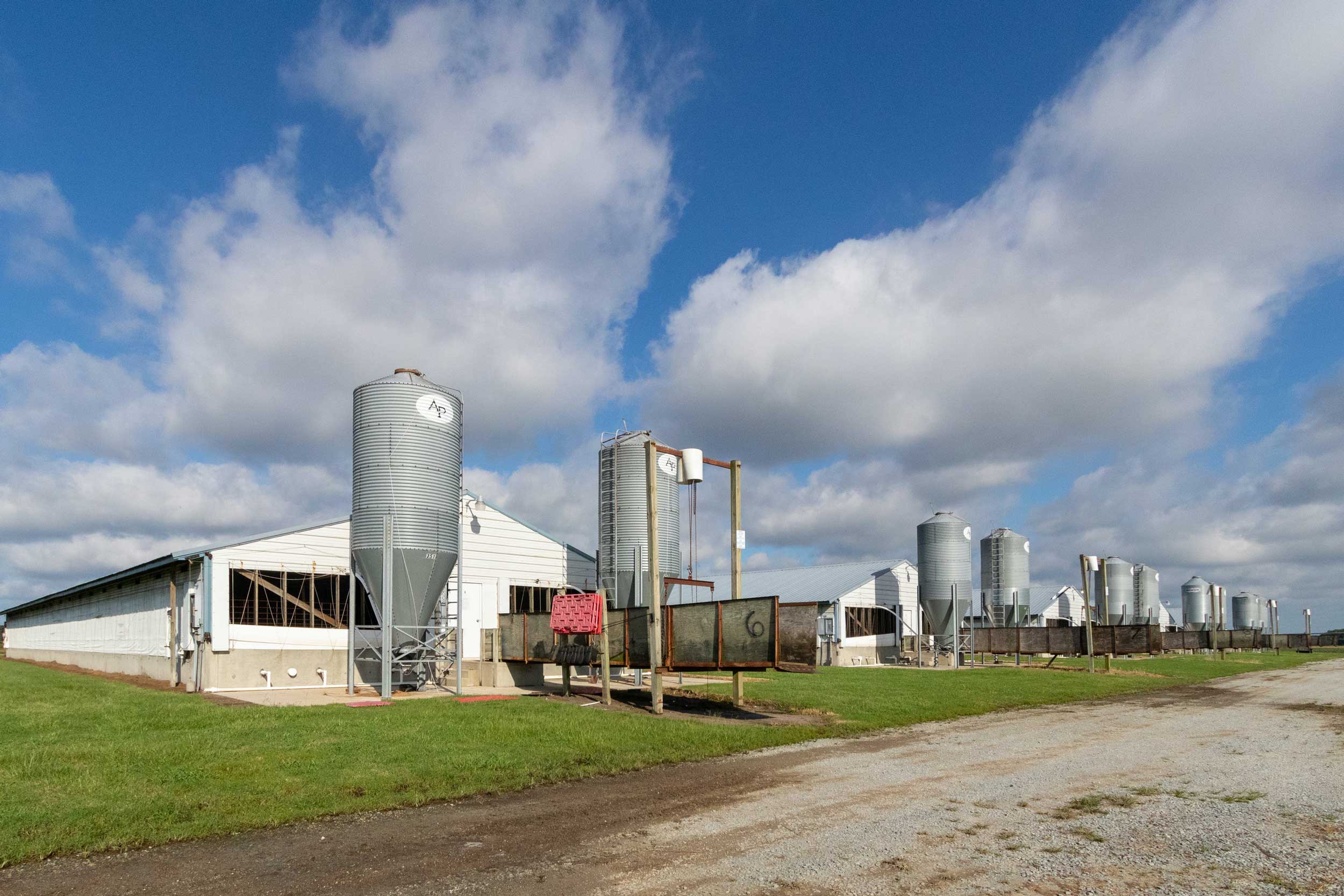
SowBridge Educational Series Kicks off February 2
January 26, 2022
SowBridge, an online educational series created to provide the latest production-based information to swine producers, begins on Feb. 2, 2022.
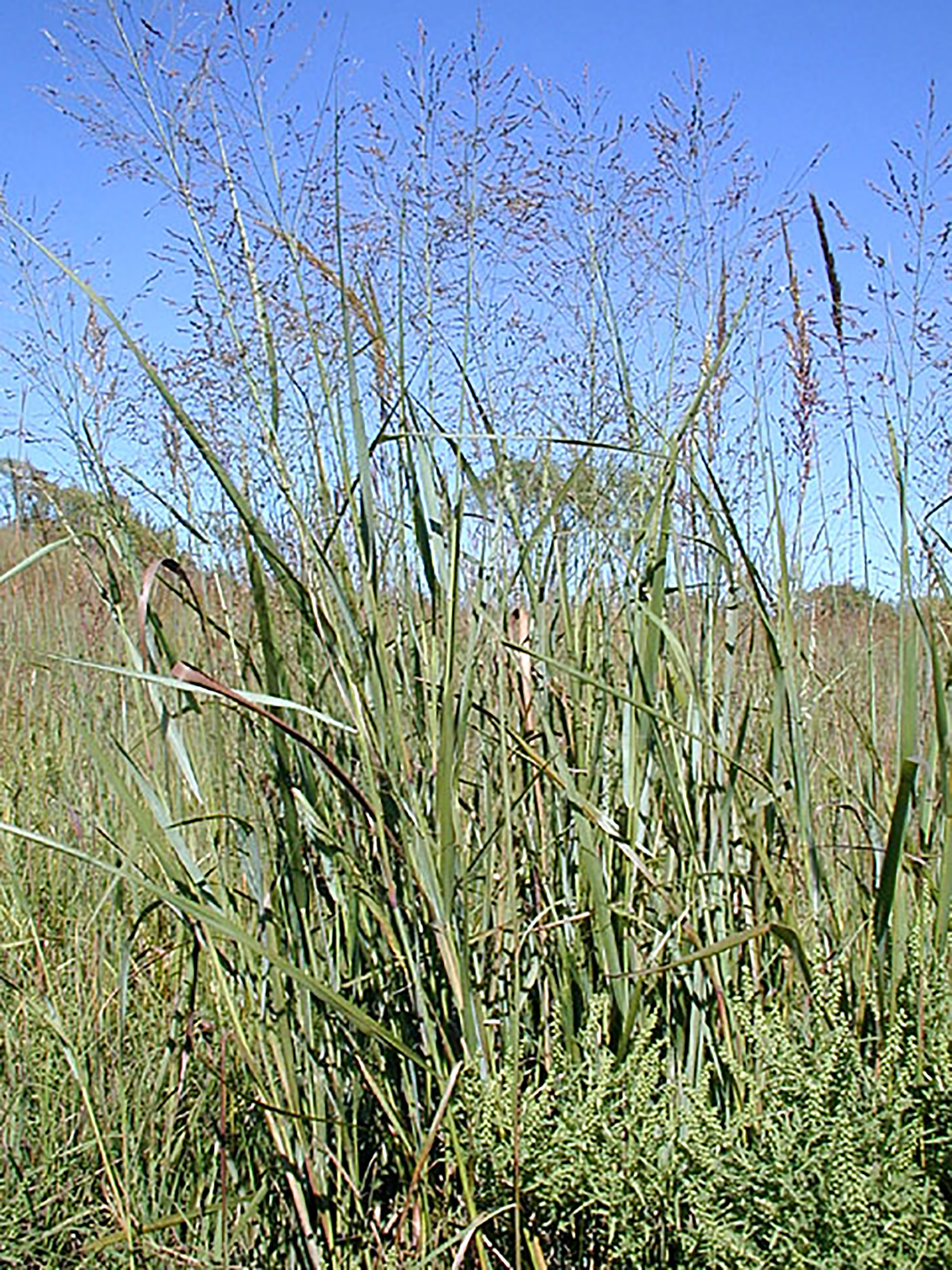
Warm-Season Grasses of South Dakota
Fact sheet about warm-season grasses in South Dakota.
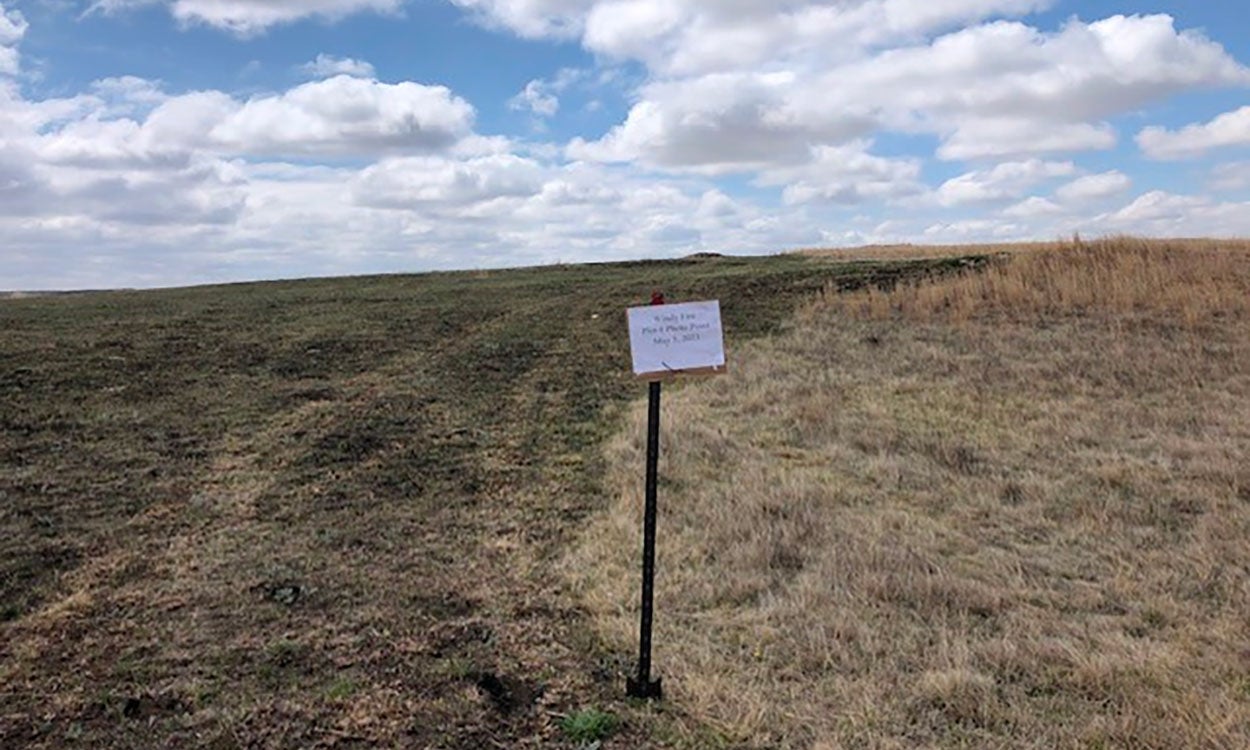
Range Roundup: Dormant Season Wildfire Project in Northwestern South Dakota
Two of the main environmental conditions that drive post-wildfire rangeland recovery include health of the rangeland ecosystem prior to the wildfire and climatic variables, such as precipitation or drought after the fire event.
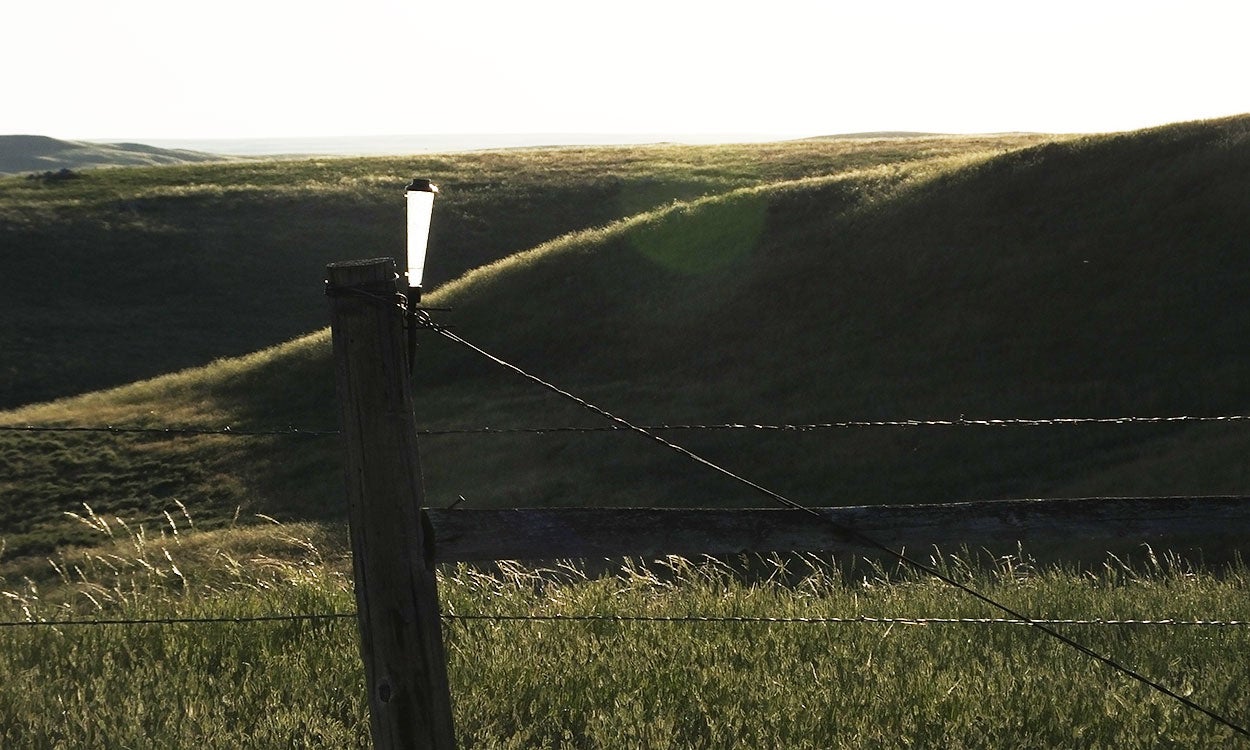
Five Range Management Principles: Overview
The goal of the Regenerative Rangelands program is to educate landowners and producers on grazing management and other decisions that impact the sustainability of their ranching operation.